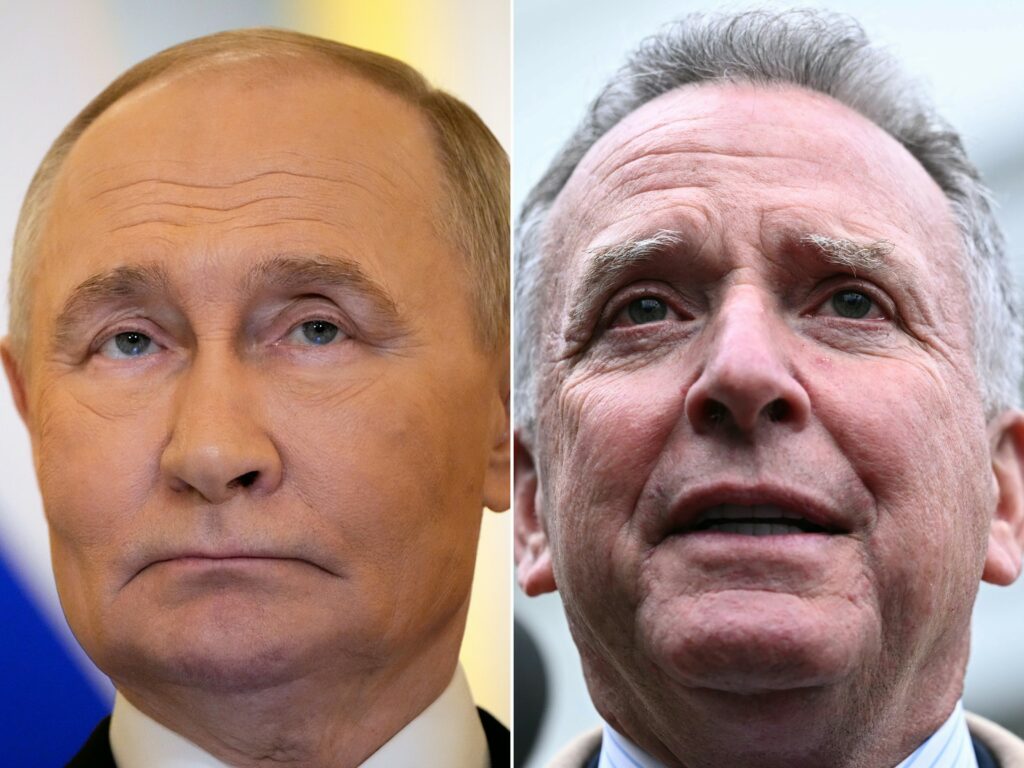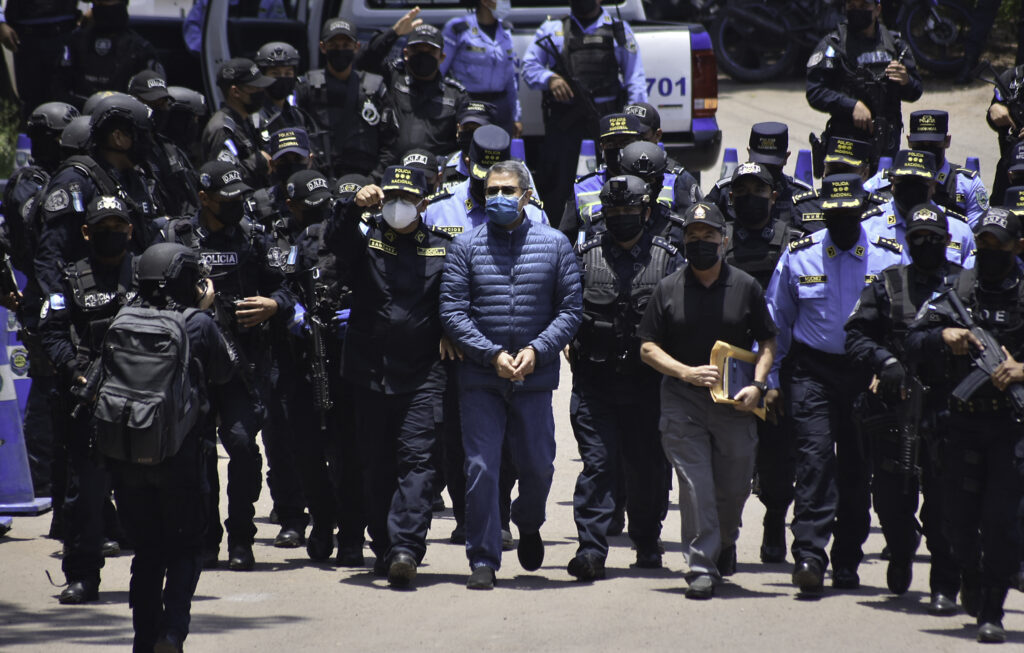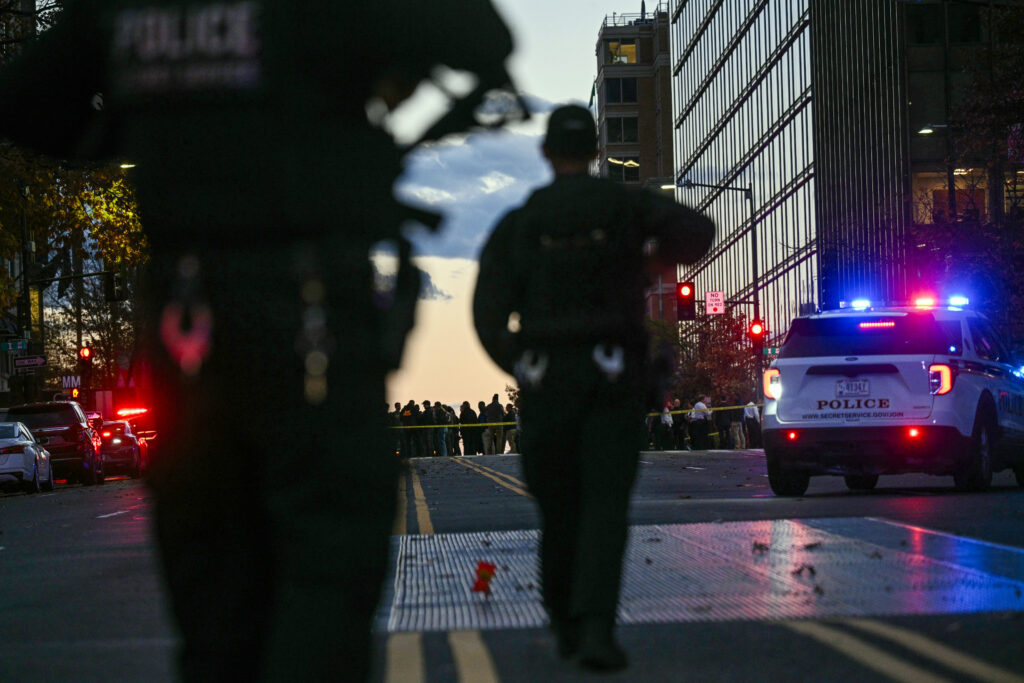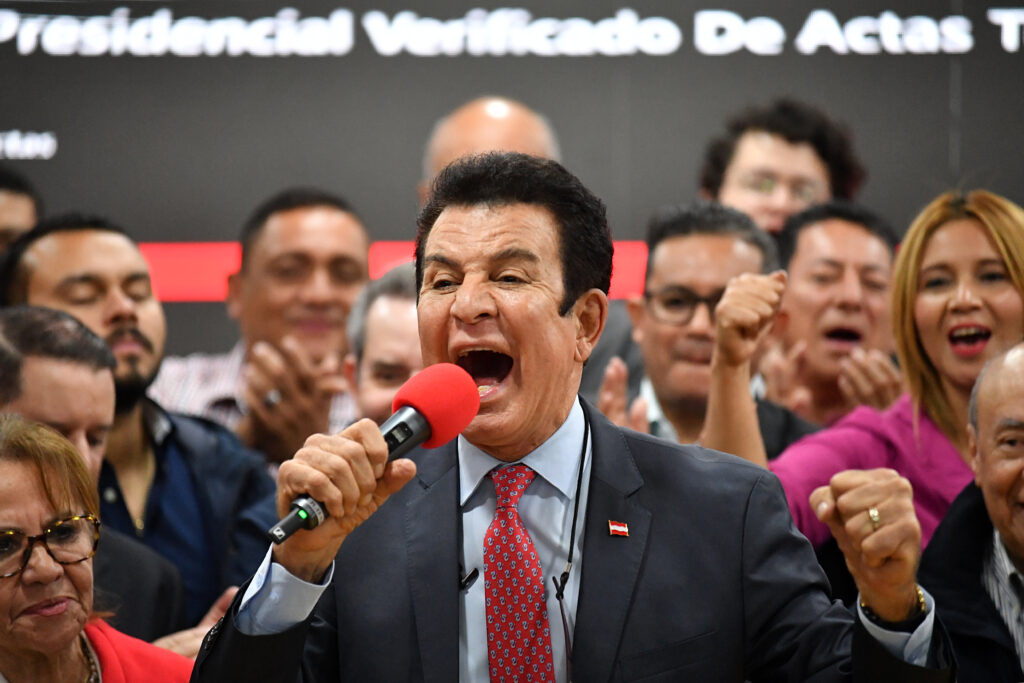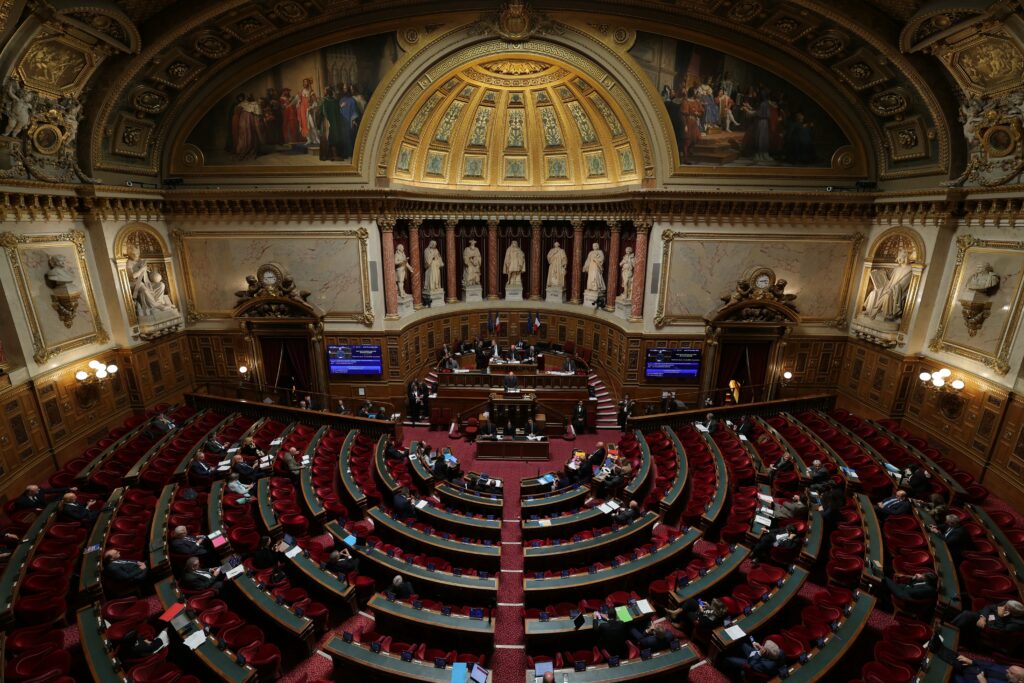Les députés ont recommencé mardi à plancher sur le projet de budget de la Sécurité sociale, à l’avenir très incertain, avec encore des compromis à trouver à gauche et une coalition gouvernementale qui affiche ses divisions.En l’état, “on ne peut pas voter pour” le texte, a jugé mardi matin Edouard Philippe devant le groupe des députés Horizons, qui oscillent entre vote contre et abstention.Mardi soir lors de la discussion générale, l’oratrice Horizons, Nathalie Colin-Oesterlé, a enfoncé le clou : un budget de la Sécurité sociale “qui renonce à assumer le coût réel de ses choix, qui affaiblit le travail, qui menace l’équité entre les générations, ne peut obtenir notre assentiment”, a-t-elle asséné.Cette prise de position – une “petite bombe” selon un cadre Renaissance – complique la tâche du Premier ministre, en négociation depuis plusieurs semaines avec la gauche, particulièrement le PS, et qui doit désormais éteindre l’incendie qui gagne sa coalition.Présent dans l’hémicycle en début de soirée, Sébastien Lecornu n’y a pas reparu après 21H30.Cette nouvelle lecture, après l’échec de la commission mixte paritaire réunissant députés et sénateurs la semaine dernière, est “décisive”, comme l’a souligné le ministre du Travail Jean-Pierre Farandou.Un rejet du texte constituerait un revers majeur pour le Premier ministre, et laisserait peu d’espoir de voir un budget de la Sécurité sociale adopté avant le 31 décembre.”Il n’y a pas de plan B, pas de loi spéciale pour la Sécurité sociale”, a averti le ministre devant les députés. En l’absence de budget, le déficit de la Sécurité sociale pourrait filer jusqu’à 30 milliards d’euros, met en garde le gouvernement.La ministre des Comptes publics Amélie de Montchalin a, elle, redit souhaiter contenir le déficit de la Sécu “autour des 20 milliards d’euros” en 2026, alors que certains s’inquiètent qu’il ne soit creusé par les compromis recherchés.- “Ingénieurs du chaos” -Les députés repartent de la copie du Sénat, qui a profondément remanié le projet de loi en écartant la suspension de la réforme des retraites, concédée par le gouvernement en échange de la non-censure du PS. Les débats sur quelque 900 amendements pourront aller jusqu’à dimanche, avant un vote solennel le 9 décembre. A mi-parcours, les députés voteront d’abord sur la partie recettes. Rejetée, elle emporterait l’ensemble du texte.Le Rassemblent national et son allié le groupe UDR ont redit à l’ouverture des débats leur franche hostilité à un texte qu’ils entendent “combattre (…) article après article”, selon le député RN Christophe Bentz.Même chose pour La France insoumise, qui a dénoncé dans ce budget un “désastre”.Face à ce rejet des députés RN, UDR et LFI, qui regroupent 210 députés, l’adoption repose sur la bienveillance d’une partie de la gauche hors LFI, via son abstention voire son soutien, a fortiori si une partie du “socle commun” se dérobe.Mais les Ecologistes n’entendent pas “compenser” d’éventuelles défections.”Le premier devoir du Premier ministre, c’est un peu de remettre de l’ordre chez lui”, a dit la cheffe des députés écologistes, Cyrielle Chatelain, après un rendez-vous avec M. Lecornu mardi. “Il y a beaucoup de travail pour avoir une copie ne serait-ce que acceptable”, a-t-elle ajouté.Le Premier secrétaire du PS, Olivier Faure, s’est emporté devant la presse contre la prise de position d’Edouard Philippe et de Bruno Retailleau, le président des Républicains, très hostiles à la suspension de la réforme des retraites: “Si Edouard Philippe et Bruno Retailleau considèrent qu’il n’y a pas assez d’ingénieurs du chaos, qu’ils le disent”, a-t-il déclaré, les accusant de travailler “uniquement pour leur candidature à l’élection présidentielle”.- “Qu’un chemin, le compromis” -Le gouvernement pourrait-il ressusciter le 49.3 pour passer l’obstacle ? Certains députés le souhaitent, estimant plus facile pour les socialistes, voire pour Horizons et LR, de ne pas censurer le gouvernement que de voter ce compromis. “La meilleure solution reste le 49.3 car personne ne veut assumer ce budget”, a encore estimé le président du groupe MoDem, Marc Fesneau.Pour le secrétaire général d’Horizons, Christophe Béchu, cité dans L’Opinion, “c’est (au Premier ministre) de prendre ses responsabilités, nous n’avons jamais été favorables à la fin du 49.3”.Une piste écartée par l’entourage de M. Lecornu: “Il n’y a qu’un chemin, le compromis parlementaire”.Mardi soir, les débats se sont déroulés sans éclats. Mme de Montchalin a annoncé peu avant minuit le souhait du gouvernement de reporter l’examen de plusieurs mesures clés à la fin de la partie “recettes” du texte. Parmi elles, l’augmentation de la CSG sur les revenus du patrimoine, obtenue de haute lutte en première lecture par le PS, et dont LR ne veut pas entendre parler.la-sac-bpa-sl-cma/leo/dsa



